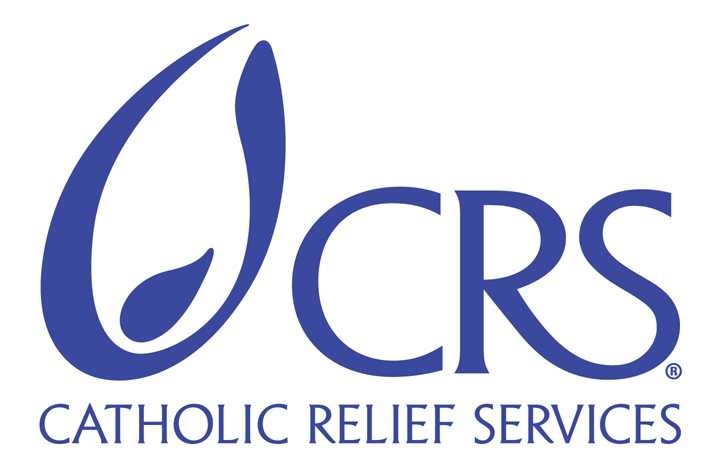BALTIMORE, Maryland, U.S. – Catholic Relief Services (CRS) and its partner Repórter Brasil issued a policy brief today that documents slave-like conditions on 15 coffee estates in Brazil and includes recommendations for addressing the problem.
Based on interviews with farmworkers, growers, trade unionists, prosecutors and labor inspectors, the brief focuses on 15 coffee estates that appeared on Brazil’s “Dirty List” in 2013.
It describes farmworkers subjected to forced labor, debilitating work, degrading working conditions and debt bondage—practices the country considers “conditions analogous to slavery.”
For a copy of the report go to: http://coffeelands.crs.org/wp-content/uploads/2016/04/CRS-Policy-Brief-Farmworker-Protections-and-Labor-Conditions-in-Brazil’s-Coffee-Sector.pdf
While it appears slave labor in Brazil’s coffee sector is not widespread—there are more than 350,000 coffee farms in the country—it is likely underreported. Still, key contributors to the brief see an opportunity to eradicate slave labor in what is the world’s largest coffee-producing country.
“Brazil is the good guy here,” said Michael Sheridan, director of the CRS Coffeelands Program that published the brief. “We were only able to document these cases because Brazil has progressive labor laws, aggressive enforcement and a deep commitment to transparency. We shouldn’t punish Brazil for making this information available, we should thank it.”
In most of the cases on the “Dirty List”—a registry of employers found to be profiting from modern slavery published by the Ministry of Labor between 2003 and 2014—poor Brazilians were lured by labor brokers to coffee plantations with promises of good pay only to find themselves living in squalor.
The conditions inspectors described on one farm included 11-hour workdays, houses with no bathrooms or garbage cans, and yellowish drinking water unfit for human consumption.
Workers on five of the farms were victims of debt bondage, not allowed to leave the farms where they worked due to debts owed for food, travel, equipment and accommodations.
Key findings from the report will be presented today at Re:co, the Specialty Coffee Symposium in Atlanta.
The report was funded in part by leaders in specialty coffee, certification and philanthropy: Allegro Coffee Company, CRS Fair Trade, Equal Exchange, Fair Trade USA, the Howard G. Buffett Foundation, Keurig Green Mountain, Inc., Lutheran World Relief, the Specialty Coffee Association of America and UTZ.
Researchers warn that similar practices have been documented in other coffee-growing countries and are calling on the specialty coffee community to lead the charge in eradicating the practice.
That will require a concerted effort by policymakers, coffee companies and consumers. As the brief makes clear:
- Coffee companies in Brazil should commit to the terms of the National Pact to Eradicate Slave Labor and join InPACTO, an innovative platform for private-sector engagement requiring members to commit publicly to eliminating slavery from their supply chains and report regularly on their progress.
- Coffee companies in the United States must encourage their Brazilian trading partners to join InPACTO and support them in their newfound commitment to root out slavery.
- Public officials in Brazil need to strengthen labor rights enforcement and prioritize coffee-sector engagements. Their counterparts in the United States must continue to allocate funds to end trafficking and slavery.
- U.S. lawmakers should pass the Business Supply Chain Transparency on Trafficking and Slavery Act—an important measure requiring U.S. companies with at least $100 million in annual sales to report annually on their efforts to keep trafficking and slavery out of their supply chains, and to document the procedures they have put in place to identify and remediate it when it does.
- Coffee drinkers in both countries should urge their elected officials and leading coffee brands to adopt the measures identified above.
Catholic Relief Services is the official international humanitarian agency of the Catholic community in the United States. The agency alleviates suffering and provides assistance to people in need in more than 100 countries, without regard to race, religion or nationality. CRS’ relief and development work is accomplished through programs of emergency response, HIV, health, agriculture, education, microfinance and peacebuilding. For more information, visit www.crs.org or www.crsespanol.org and follow Catholic Relief Services on social media: Facebook, Twitter at @CatholicRelief,@CRSnews and @CRSnoticias, Instagram, Pinterest and YouTube.
Repórter Brasil was founded in 2001 by journalists, social scientists and educators to encourage reflection and action, and to protect rural people and rural workers in Brazil from the violation of fundamental rights. Its reports, journalistic investigations, research and educational methodologies have been used by leaders in government, the business sector and civil society as instruments to combat contemporary slavery, a problem that affects thousands of Brazilians. For more information visit, http://reporterbrasil.org.br.


















